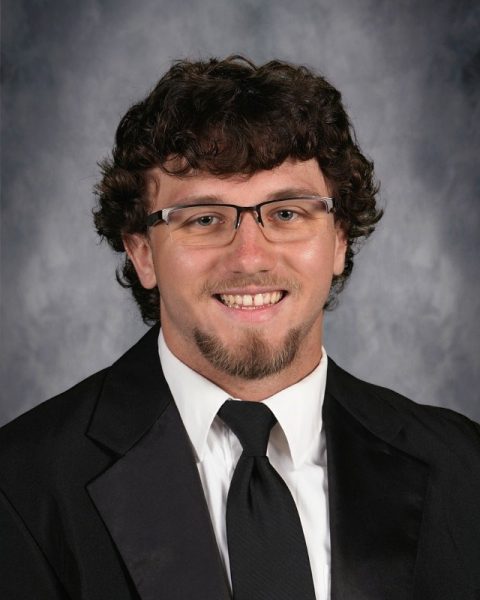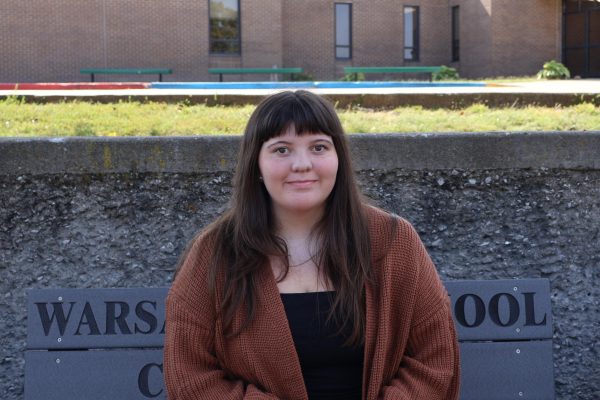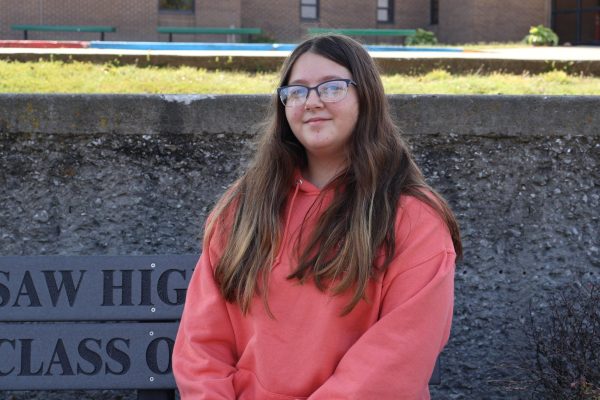Staff Editorial: Teacher ethics hinder student learning
We the people surround ourselves with political socialization. Our social media is jam packed with the ideologies that we subscribe to and we go home to families that may discuss political opinions around the dinner table. Despite this barrage of conflicting social and political views, our teachers and textbooks are expected to remain unbiased. An unbiased opinion, however, is not always the best method of teaching.
Exposure to varied opinions from experienced and knowledgeable people can be healthy for a student who was cultivated in a single ideology. For example, a child raised in a strictly conservative household may not form their own political beliefs until far into adulthood because prior to being exposed to a biased college atmosphere, they had to listen to conservative ideals and learn from unbiased material.
However, the teacher must be aware of the line. There are many abuses that could be committed. There exist teachers who will neglect the curriculum to digress into political topics for entire class periods. Teachers may also try to actively convert students to a particular ideology.
Despite this heavy list of pros and cons, there are no direct rules against teachers being openly political in the classroom. Nowhere in the Warsaw Faculty/Staff Handbook is it stated that a teacher’s political ideologies should not be shared. It’s an unwritten rule that everyone seems to know, and everyone seems to follow.
A part of the reason that this unwritten code exists is that there is an established set of ethics that flow through the veins of the staff. ‘We are not allowed to influence the opinions of the students’ is one of these codes that they adhere to.
When engaging in political discussion, it is both the student and staff’s responsibility to keep an open mind as opinions are spoken and as ideas are thrown around.
Political conversation is something that can augment an experience with a teacher. Whether we allow it to be a positive experience, despite any differing opinions, is up to both us and the teacher. We the people have the power to be civil. Not every political conversation needs to be an argument, and there are ways to fit it safely into the free time in the class.







